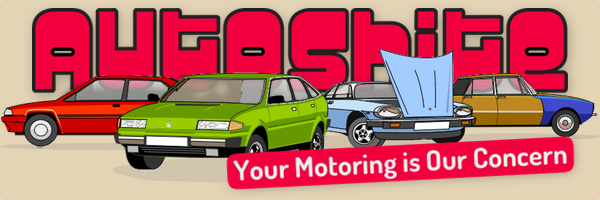CAR magazine 1999 - The secret files that condemn Rover...
-
Similar Content
-
Are car magazines dead? 1 2 3
By delux,
- 80 replies
- 5,051 views
-
- 129 replies
- 24,679 views
-
- 150 replies
- 22,966 views
-
- 158 replies
- 19,778 views
-
Secret Santa 2024 Everyone sorted ??? 1 2 3 4
By 95 quid Peugeot,
- 112 replies
- 10,898 views
-





Recommended Posts
Create an account or sign in to comment
You need to be a member in order to leave a comment
Create an account
Sign up for a new account in our community. It's easy!
Register a new accountSign in
Already have an account? Sign in here.
Sign In Now